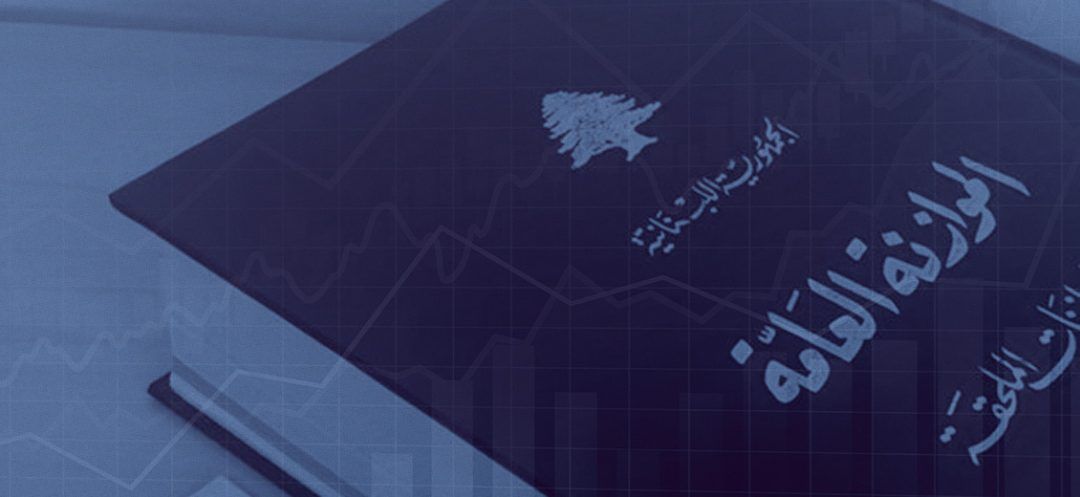
The reinstatement of fiscal and budgetary discipline remains an unattainable goal. By submitting the 2025 draft budget to the government, caretaker Finance Minister Youssef Khalil once again bypassed the laws and regulations governing the preparation of the state budget.
In early September, caretaker Finance Minister Youssef Khalil launched a new tax census aimed at expanding the taxpayer base, as part of his ongoing efforts to fight tax evasion. Last year, Khalil had already implemented a similar project, recruiting university students paid in fresh dollars for the task. However, the results of that first census were never disclosed, keeping the public ill-informed. Unofficial estimates suggest that tax evasion could be as high as 65%.
Meanwhile, the 2025 draft budget, submitted to the government for review, suggests an increase in spending of approximately $1.8 billion compared to the 2024 budget. This increase will be financed by registered taxpayers through new taxes and levies. Additionally, the draft budget plans to double direct taxes, based on an unsubstantiated assumption of better revenue collection, even though 80% of taxes are indirect. As a result, everyone will pay the same amount, rather than imposing a higher burden on those with greater income.
Lack of data
In terms of budgetary discipline, violations of laws and regulations are increasingly common. The Finance Ministry has effectively normalized the failure to close the previous fiscal year's accounts. Since 2017, on five occasions, the finance minister has missed the May 15 deadline to submit the accounts' closure to the Court of Accounts, as mandated by Article 19 of the General Accounting Law. In 2025, this issue persists, with revenue and expenditure estimates lacking substantiation, thereby compromising fiscal transparency. Furthermore, a key problem in preparing the draft budget is the Finance Ministry's inability to produce and provide reliable macroeconomic data and indicators. As a result, the rating agency Standard & Poor's has announced it will no longer assign a rating to Lebanon due to this data shortfall.
Moreover, the reports released by the Finance Ministry before 2019 were based on Treasury figures, although they should have relied on account closure data.
Off-budget expenditures
The public budget does not accurately capture the actual scope of the public sector, primarily due to the lack of reports on off-budget expenditures and the redundancy in budget classification. In addition to these discrepancies, the shortage of personnel makes it challenging to determine the exact revenue amounts for each tax.
Budget reform
Lebanon’s outdated itemized budget model needs to be reformed. To restore budgetary discipline, adopting a program-based or performance-based model is essential. This would enable effectively monitoring spending efficiency, rather than simply verifying how funds were spent.
Read more




Comments